Eggs
Production and sale of eggs is a scalable enterprise. A farmer can start a small flock and direct-market eggs or scale up with experience, access to markets, capital, handling facilities, and capacity to meet regulations that apply to larger flocks (flocks of >3,000 laying hens are subject to additional regulations).
Although chicken eggs are the most common, niche markets seek eggs laid by ducks, quail, and other poultry, as well as specialty egg products. Conventional, cage-free, free-range, pastured, and organic eggs all require appropriate labeling and attention to relevant to federal and state regulations and required certifications.
Best practices and new policies increasingly emphasize animal welfare, manure and nutrient management, soil health, and regional water quality. Marketing is influenced not only by consumer demand for an economical source of high-quality protein and food safety (pathogens, pesticides, and genetically modified feeds), but also by interest in product quality (appearance, flavor, and nutrition), animal welfare, environmental impact, and worker safety.
Here you’ll find practical ATTRA resources to help beginning and seasoned farmers improve their production management—housing design and equipment for efficiency, pasture management, species and breed selection, health and nutrition, organic certification, as well as compliance with regulations for handling, labeling, and marketing.
Related Topics
Staff Expert




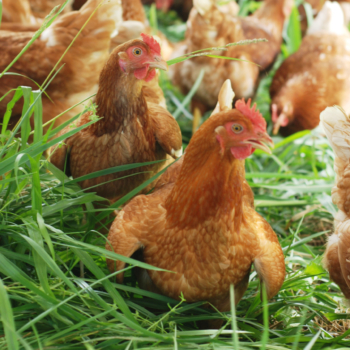
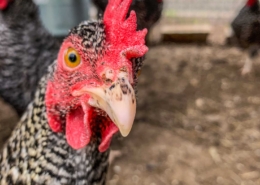
 USDA
USDA



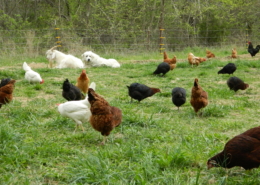

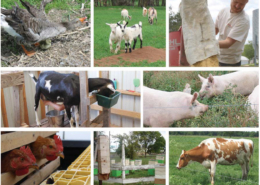

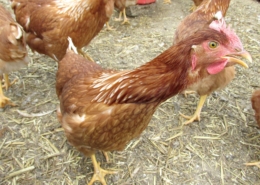
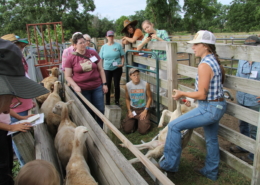 NCAT
NCAT